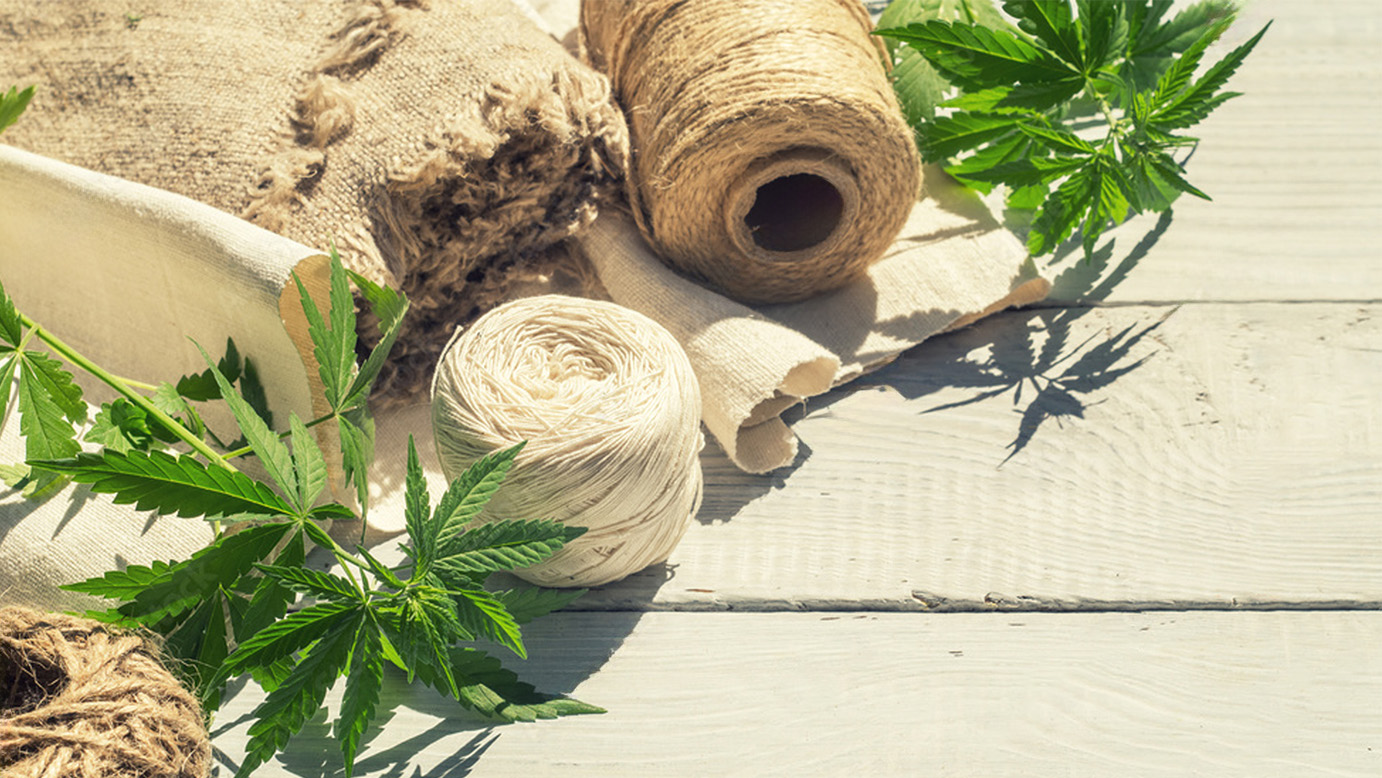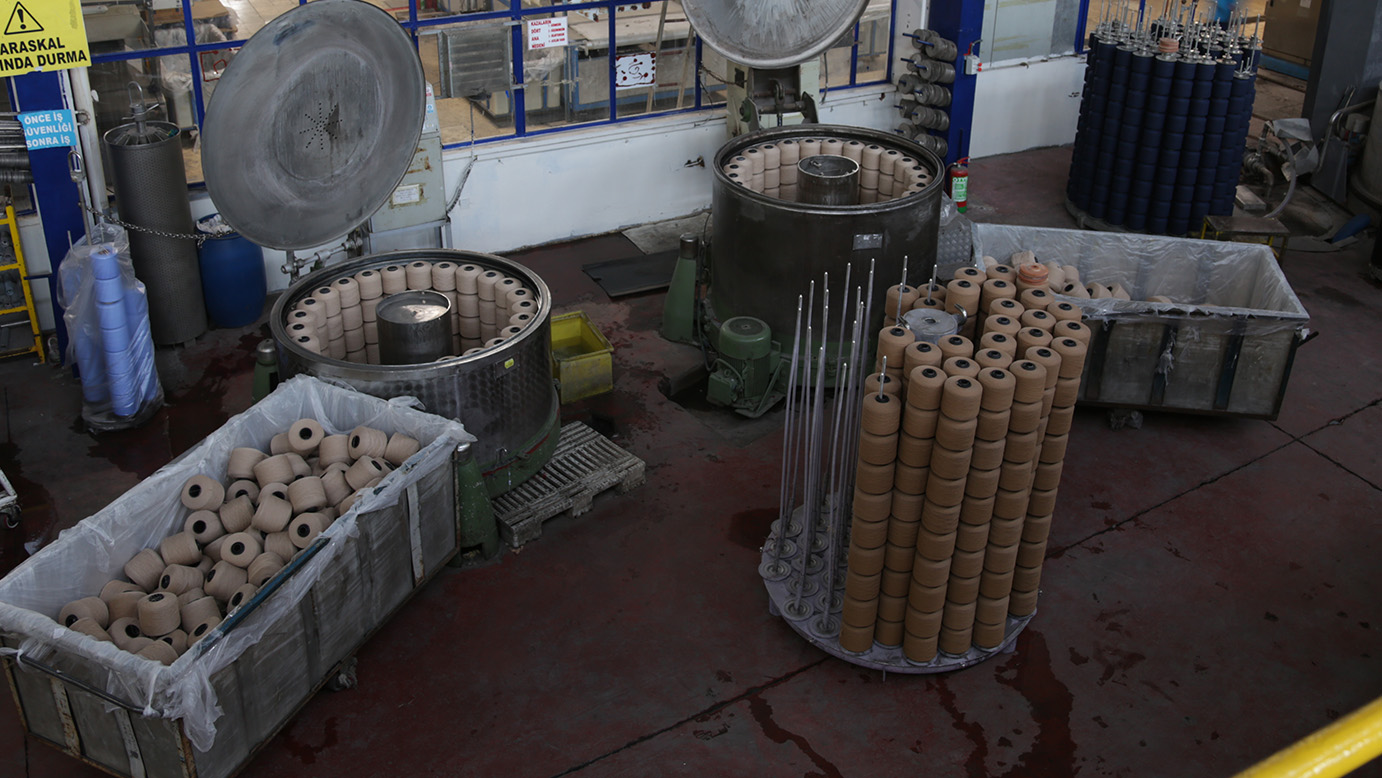
Recipe Prediction by Color Gamut
Investigation of the Possibilities of Reuse of Fiber / Coil Dyeing Wastewater Containing Dyestuffs and Auxiliaries without Treatment, Establishment of Recipe Prediction Models According to Color Gamut
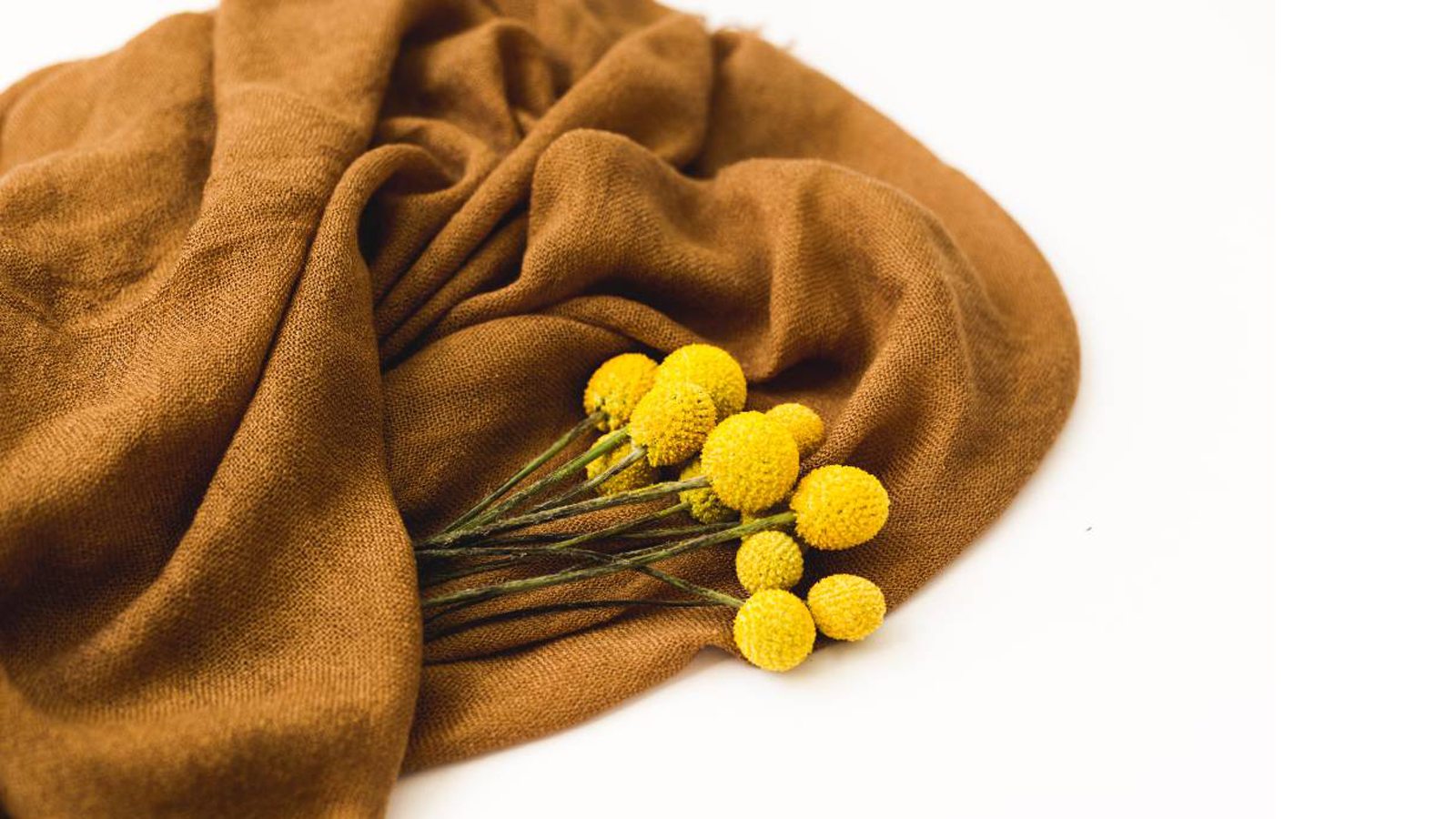
Environmentally Friendly Fabrics
Eco-Friendly Fabrics (Extinct or Developed with Natural UN)
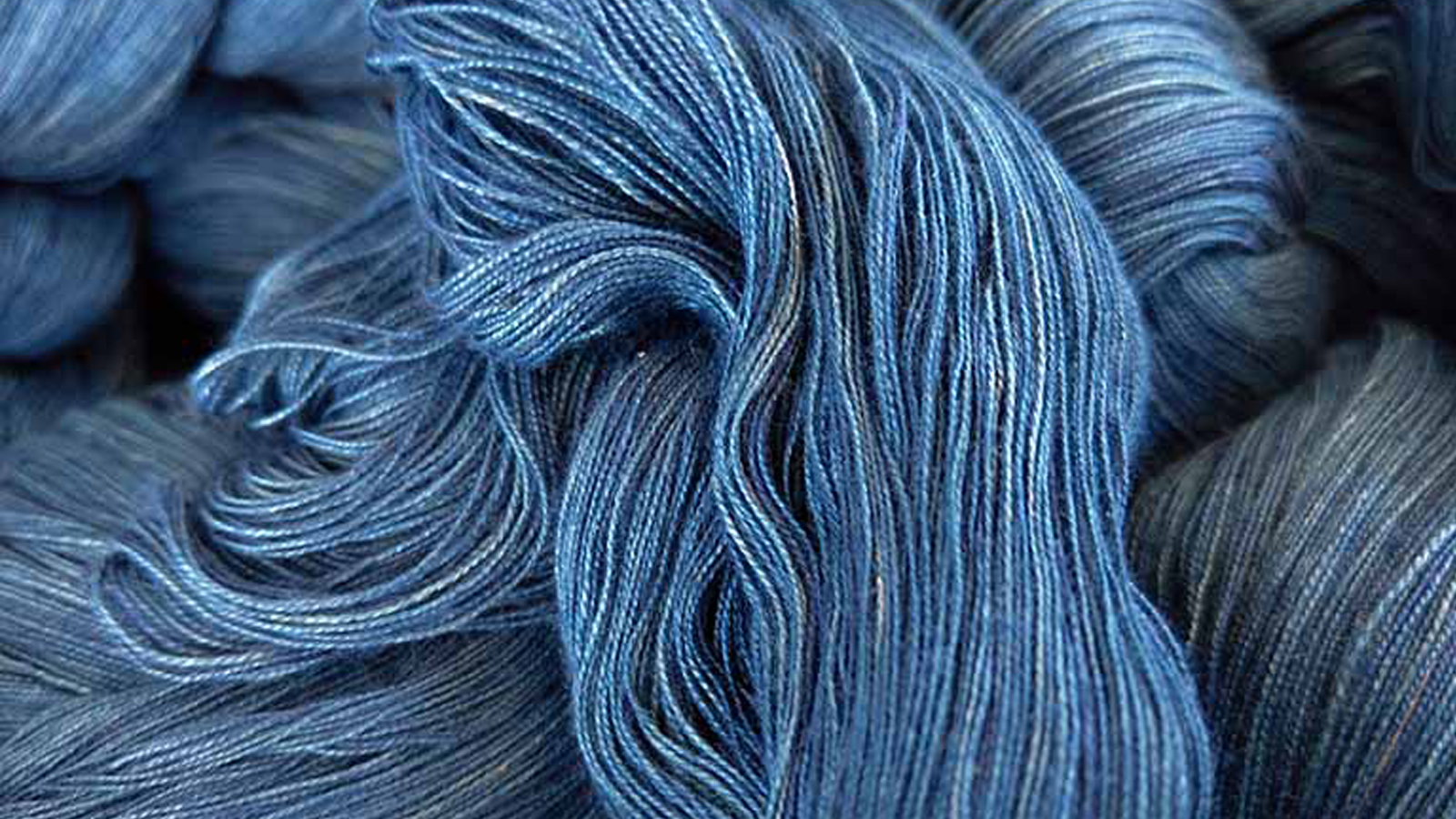
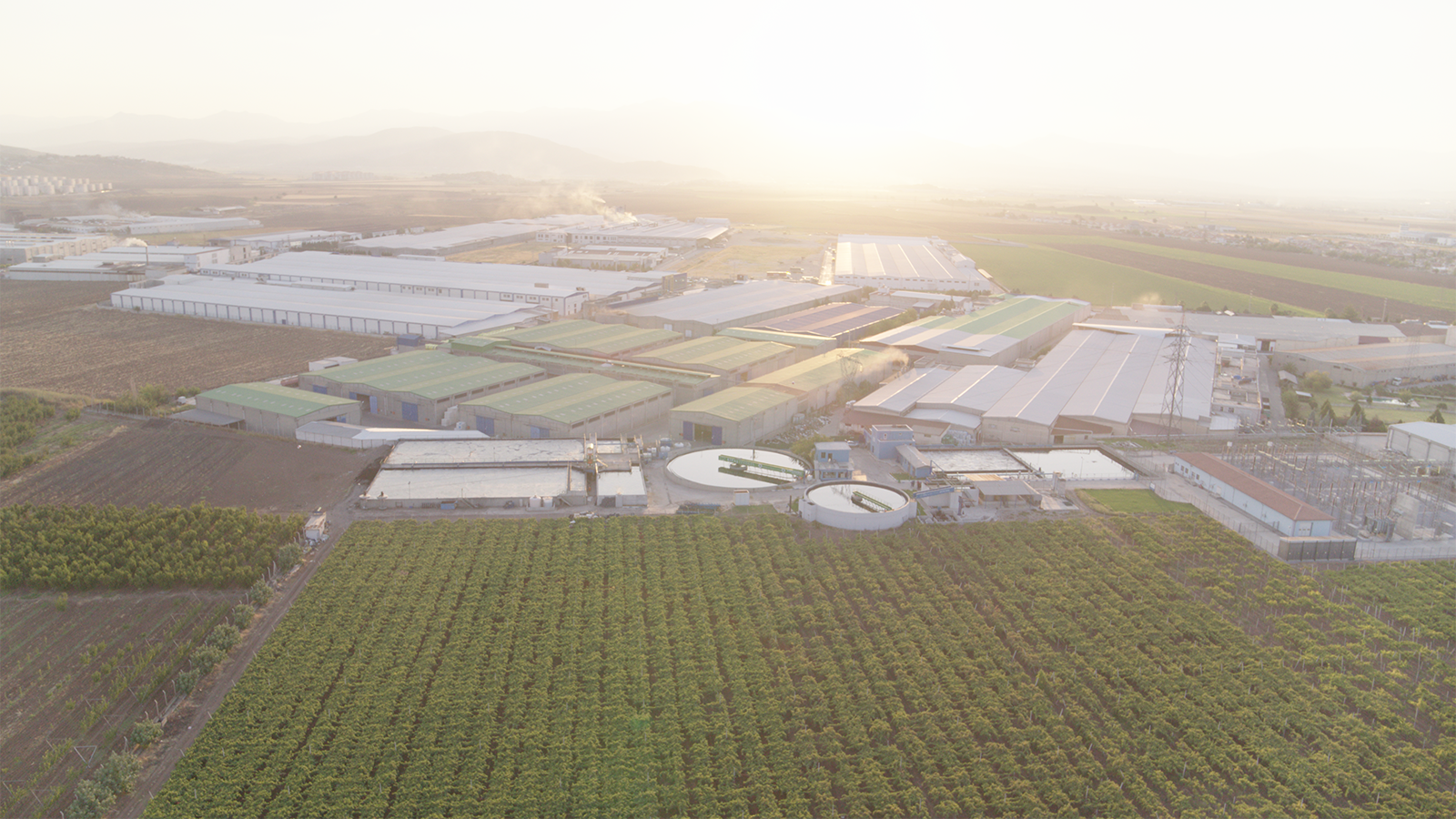
CO2 gas utilization in Waste Water Treatment Plants
Development of Ecological Production Methods by Utilizing CO2 Gas in Waste Water Treatment Plants (for pH Balance)

Indigo Decolorization
Separation of Dyestuffs in Indigo Dyed Waters from Denim Mills and Development of Reuse Possibilities of Decolorized Waters
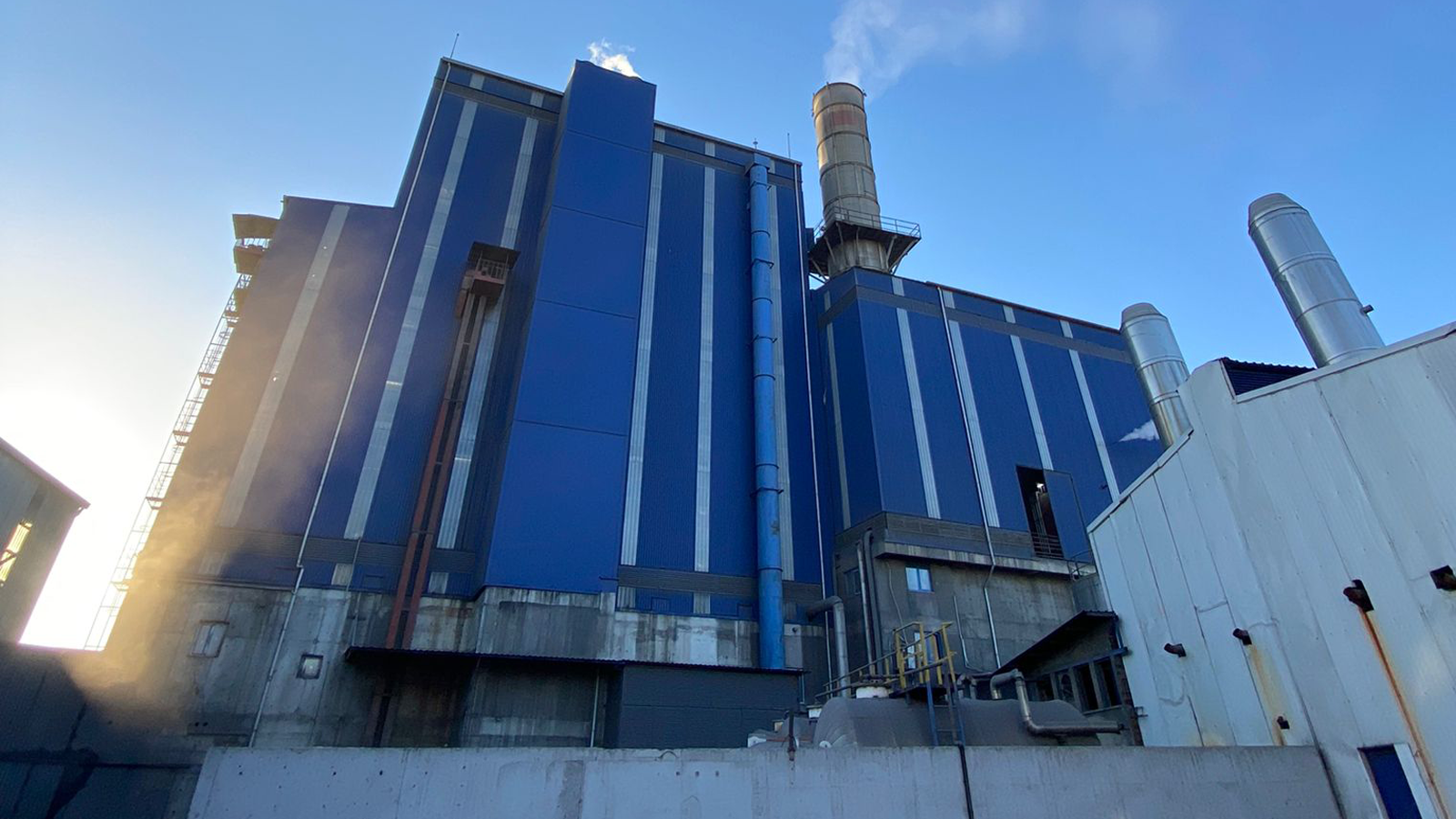
Utilization of Textile Wastewater for SO2 Treatment
Wastewater Neutralization with CO2 in Flue Gas and Use of Textile Wastewater for SO2 Treatment in Flue Gas
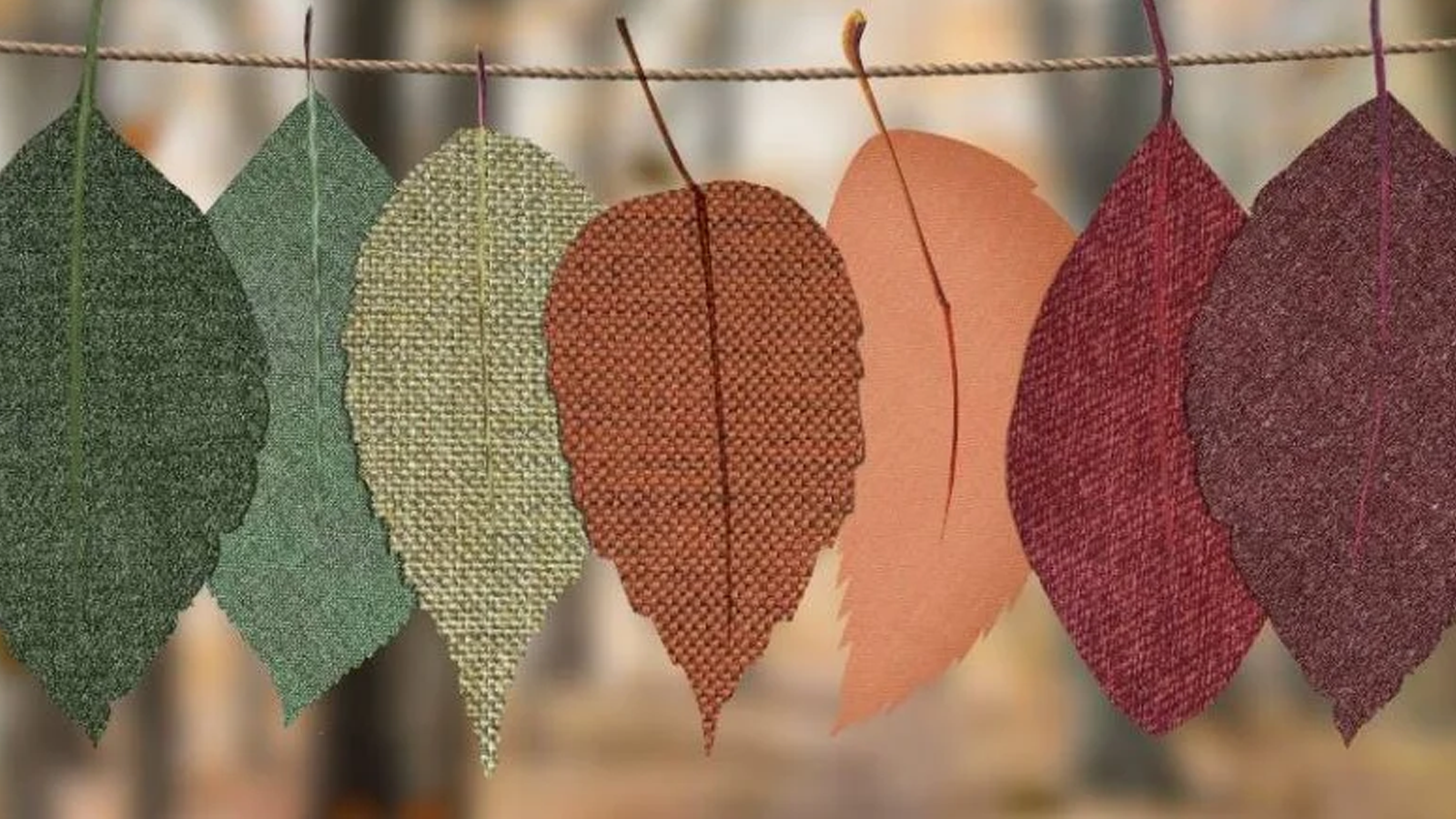
100% Recycled Cotton
Development of 100% Recycled Yarn by Rotor, Siro Spun Spinning Methods Using Pre-Consumer Cotton Fiber Wastes
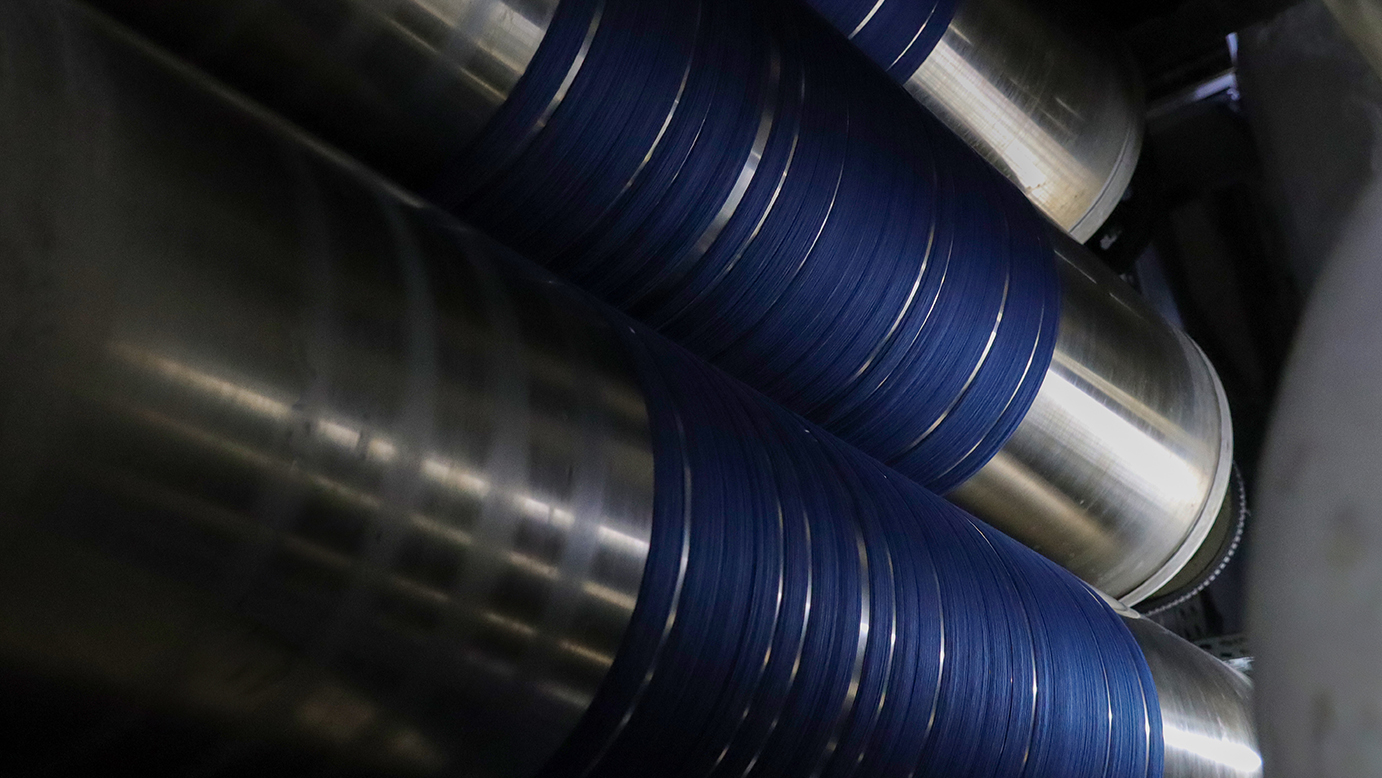

Fabric Dyeing Machinery Water Recycling in Trails
Fabric Dyeing Machinery Water Recycling in Trails


Recycling of Textile Wastes (Chiffonez Plant)
Recycling of Textile Wastes (Chiffonez Plant)

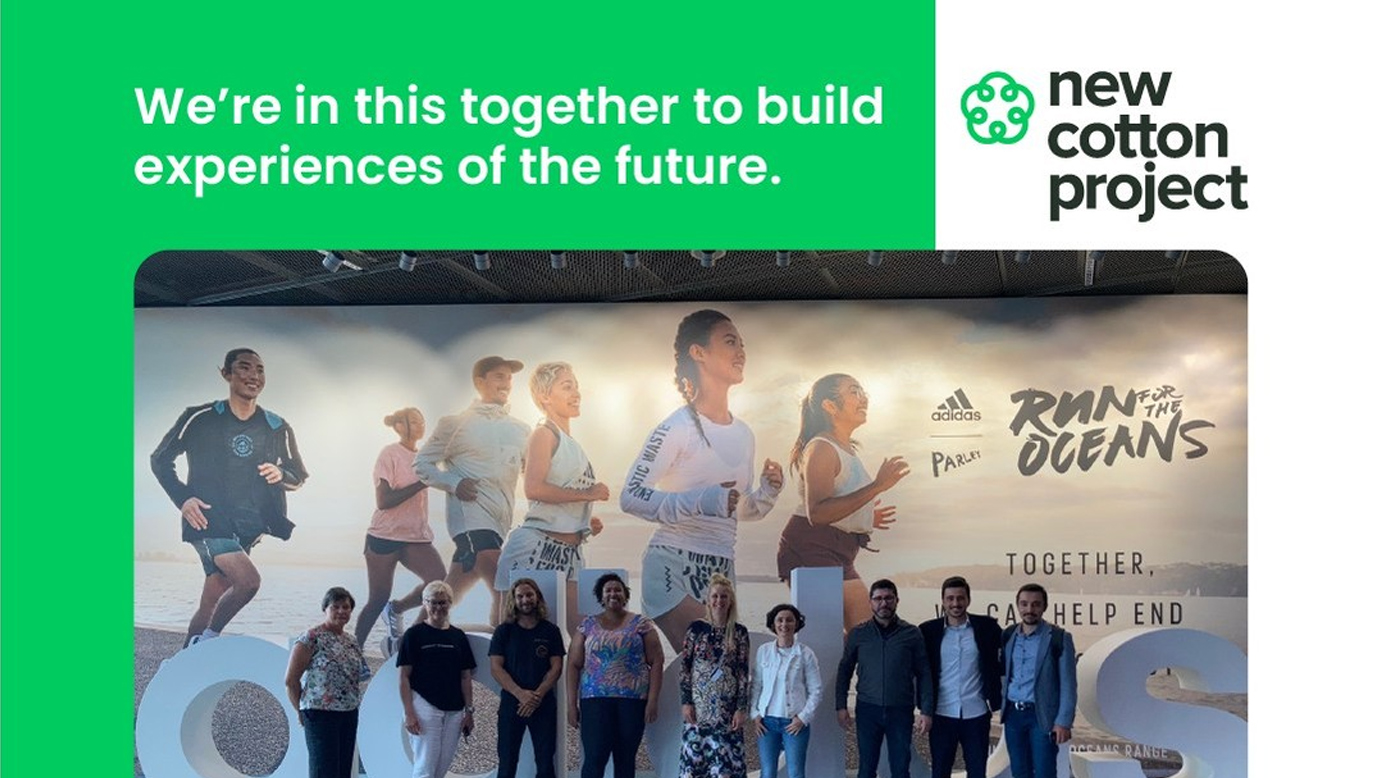
New Cotton
Demonstration And Launch Of High Performance, Biodegradable, Regenerated New Cotton Textiles To Consumer Markets Through An İnnovative, Circular Supply Chain Using Infinited Fiber Technology

Technical Fiber Recycling
Recycling of Technical Fibers and Development of Sustainable Textile Structures
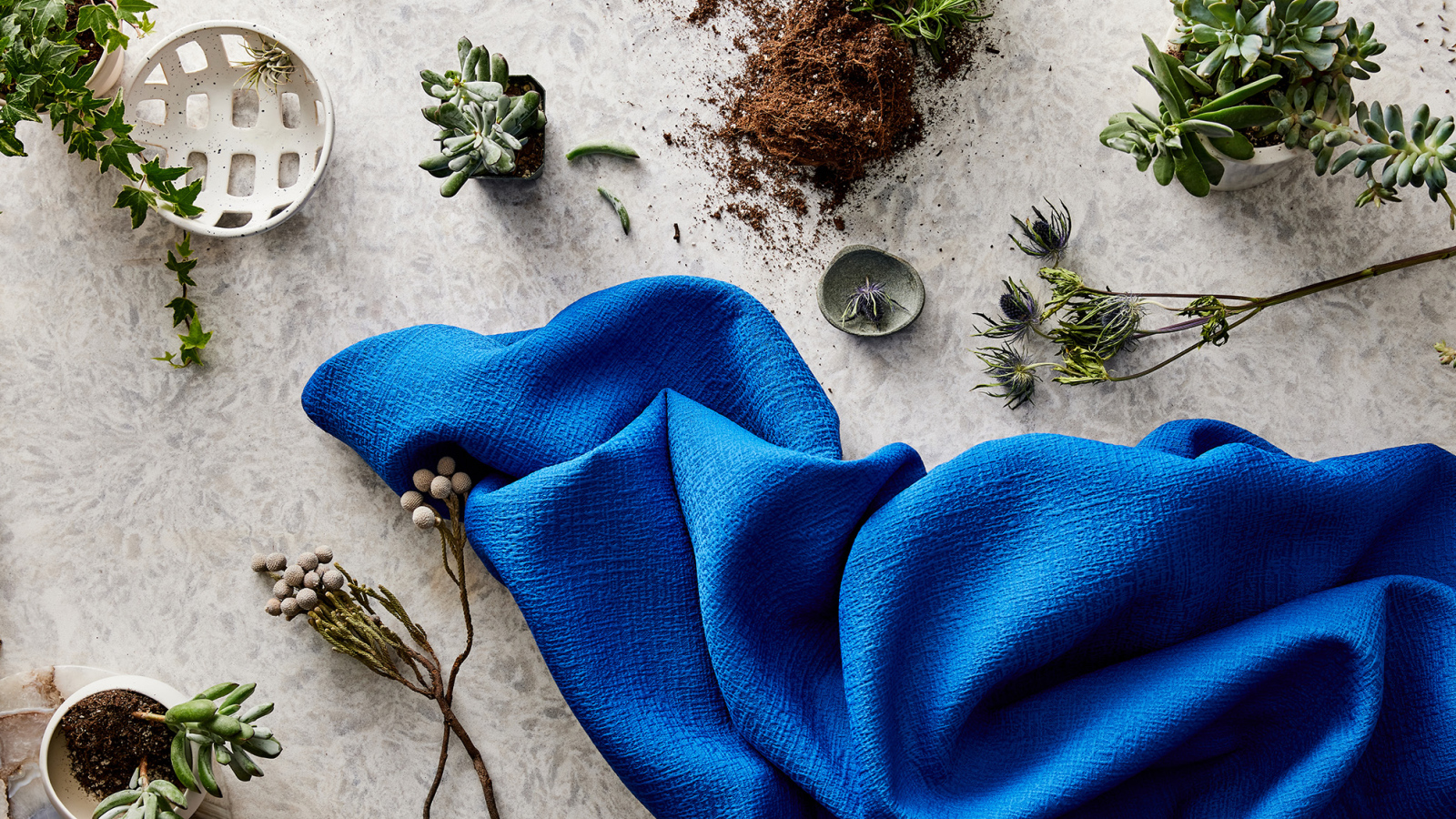
Biodegradable
Production of Biobased or Biodegradable Blended Yarns and Investigation of Their Utilization Performance
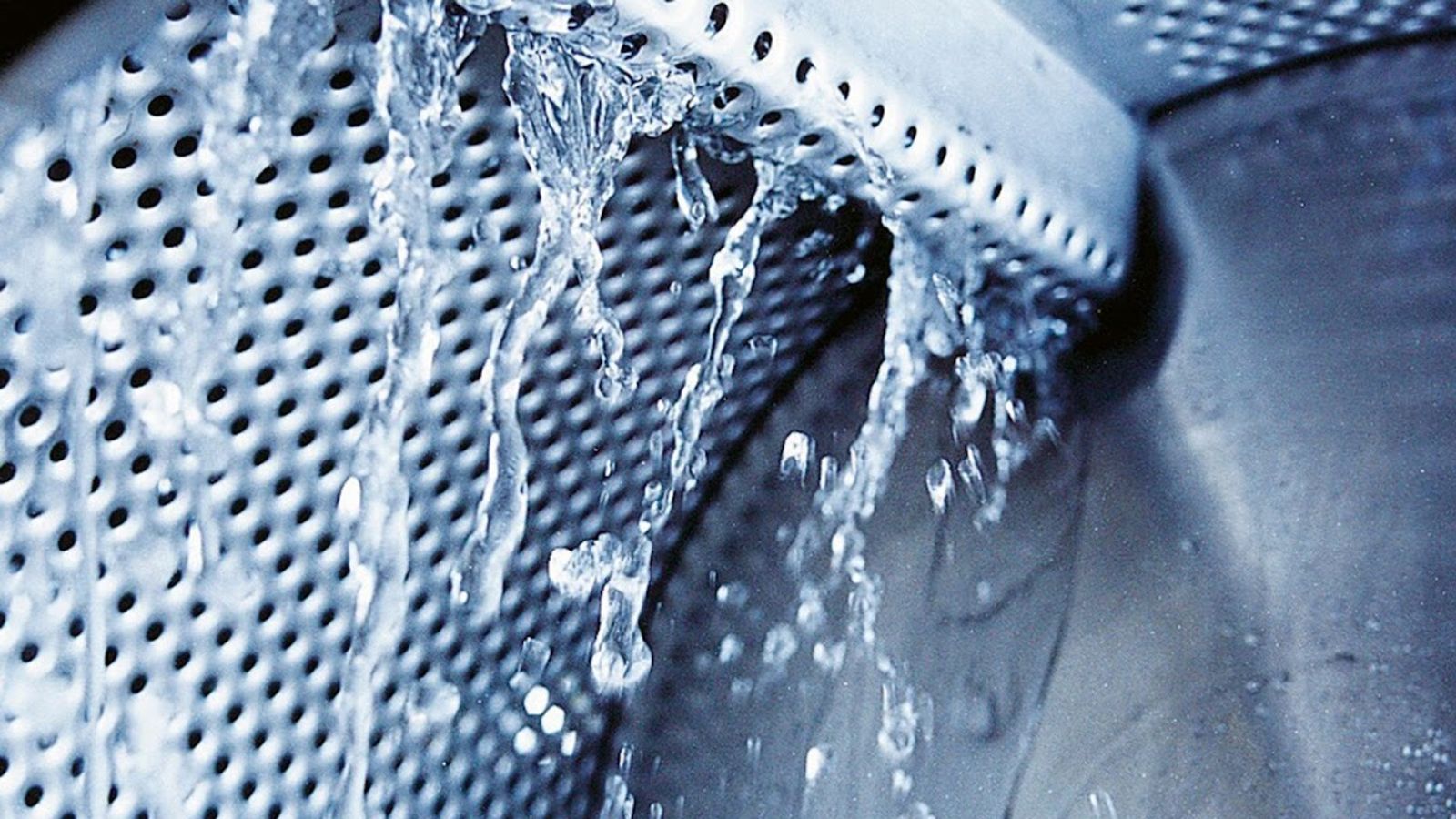
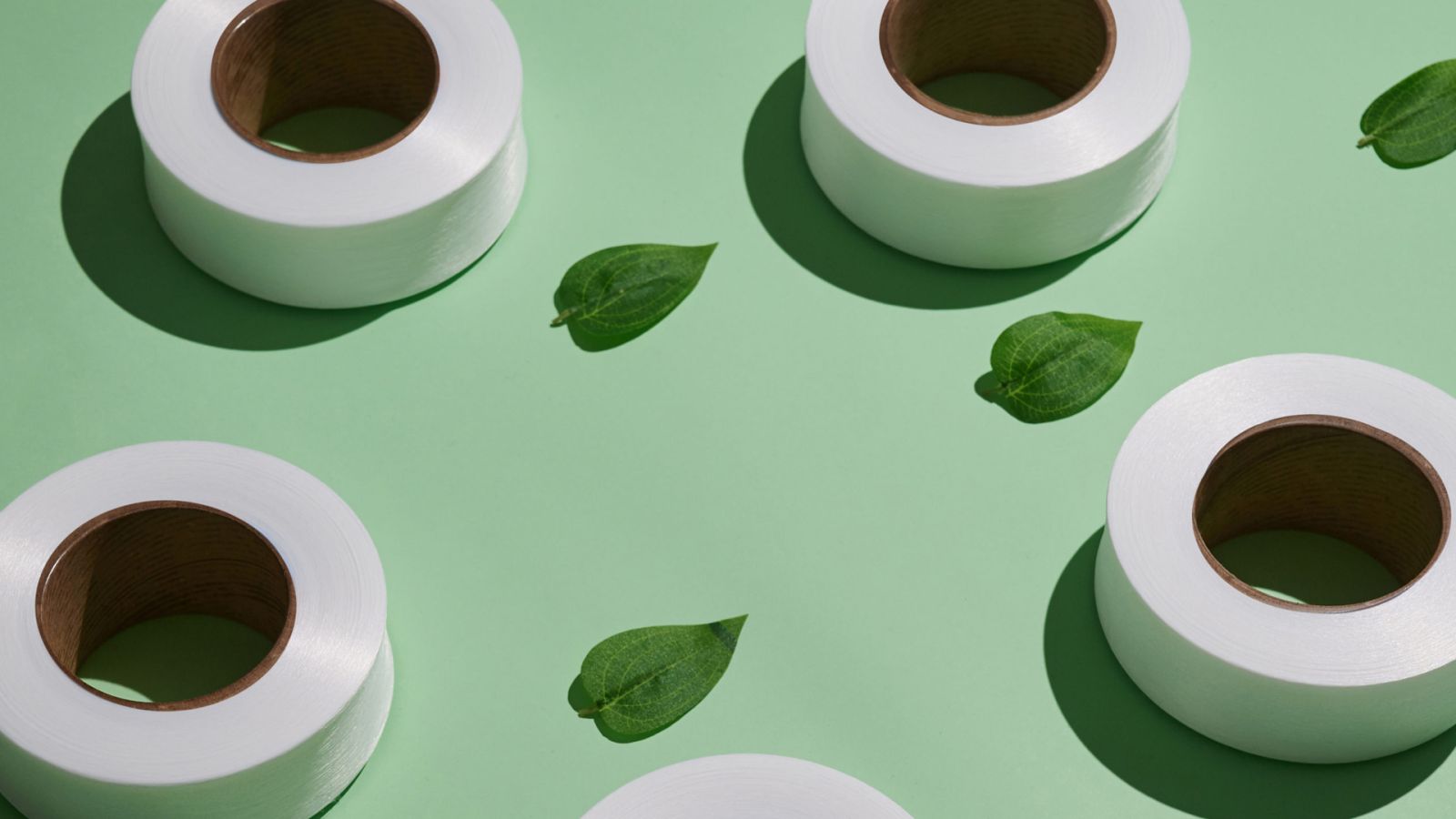

European Space Agency
Development of Functional Textile Structures for the European Space Agency
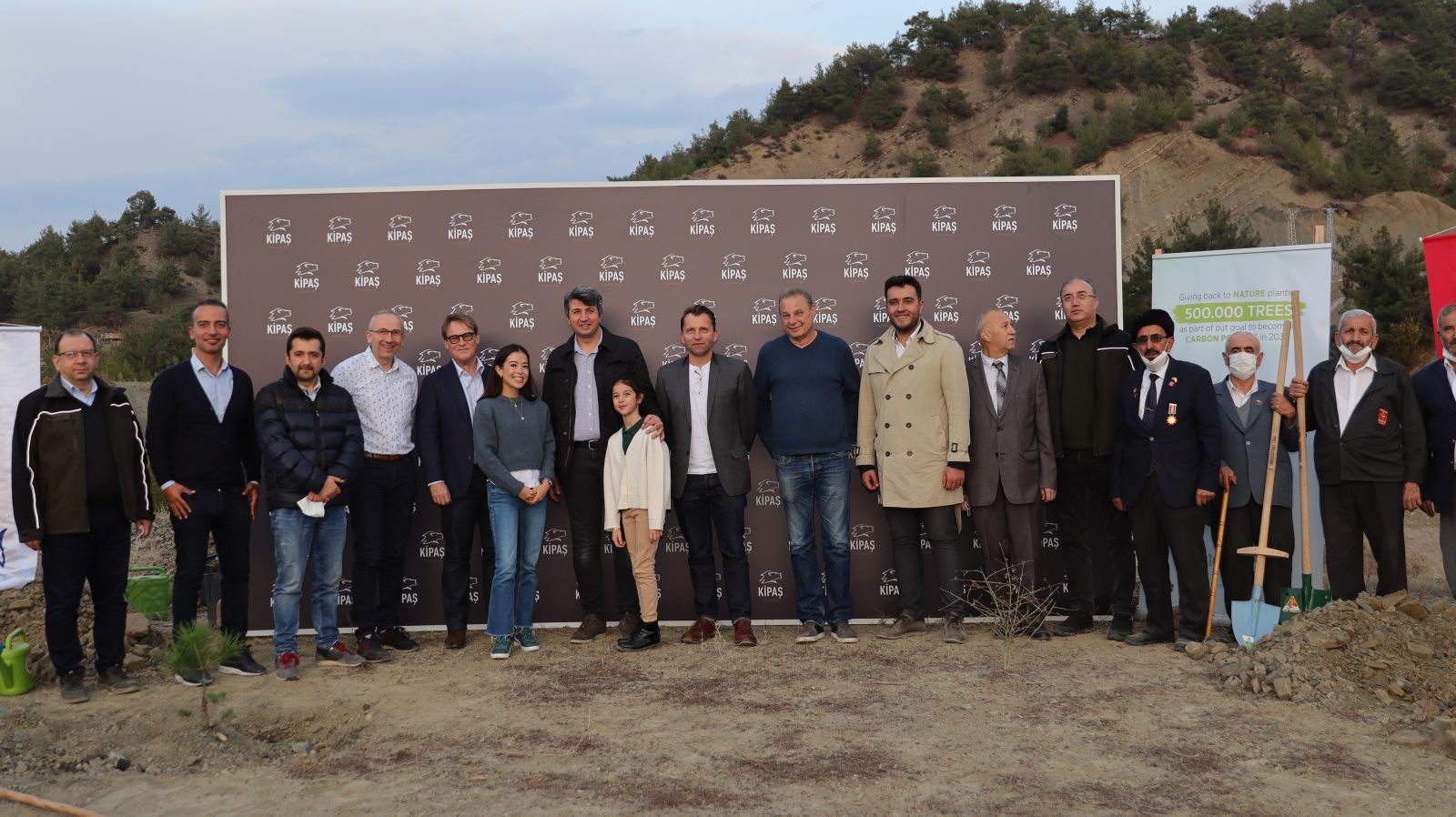
500,000 Neutralization of 361,500,000 kg CO2 through tree planting
500,000 Neutralization of 361,500,000 kg CO2 through tree planting
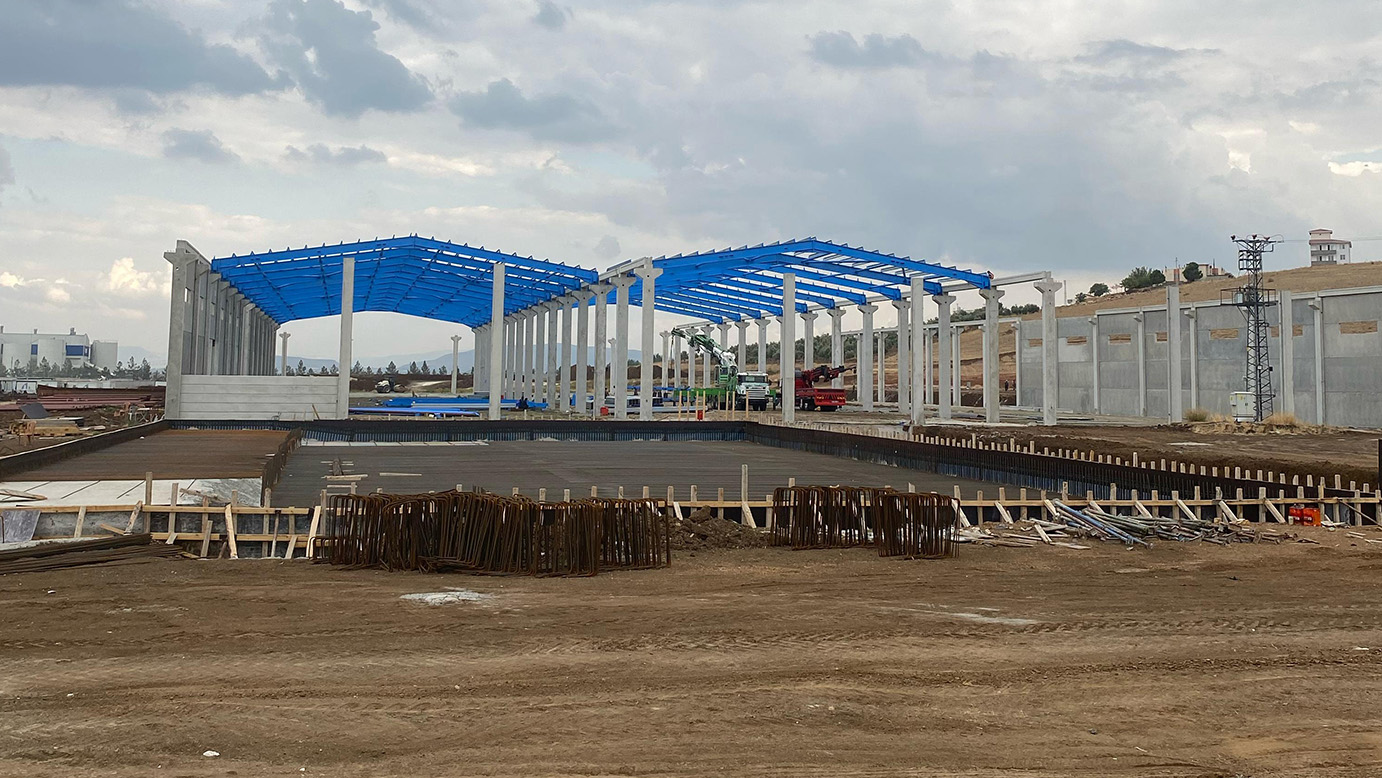
Rpet Fiber Production Plant
A typical RPET (Recycled Polyethylene Terephthalate) fiber production plant is a facility that specializes in the manufacturing of polyester fibers derived from recycled plastic bottles.
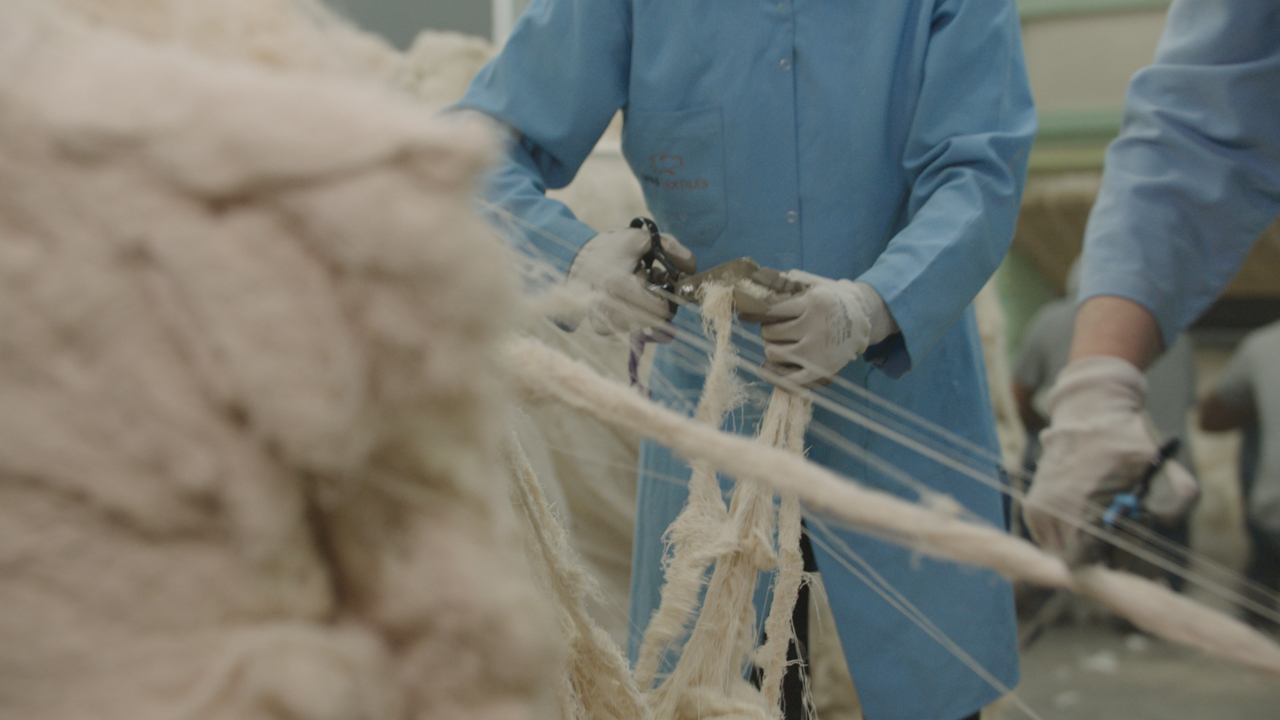
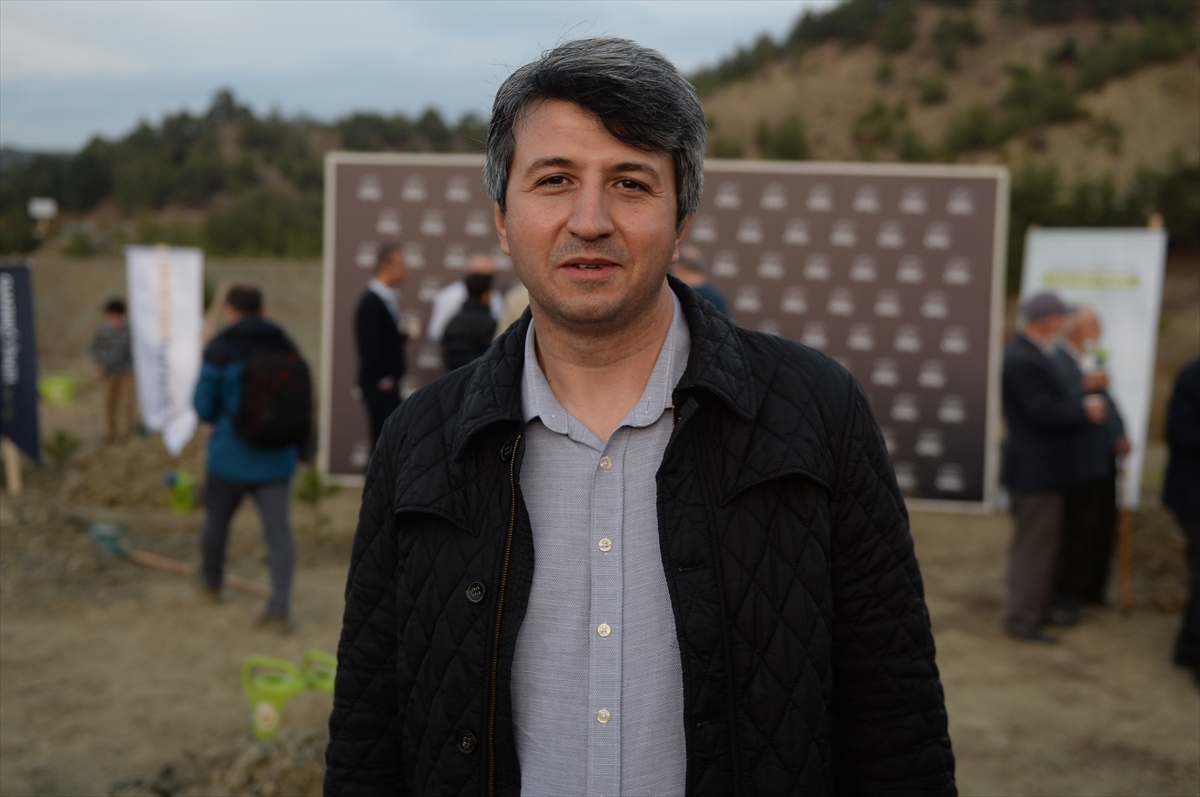
Sapling Plant Project
Thanks to our project, which aims to bring 100 thousand saplings to the soil every year in Kahramanmaraş, we will leave both nature and green space for future generations.

